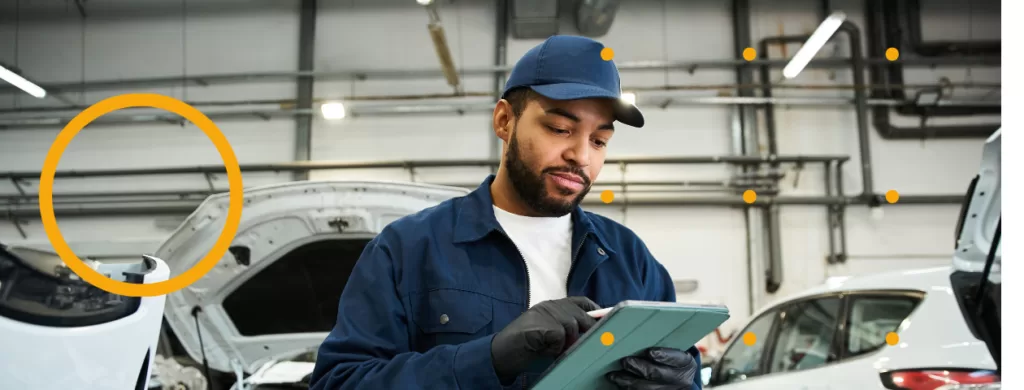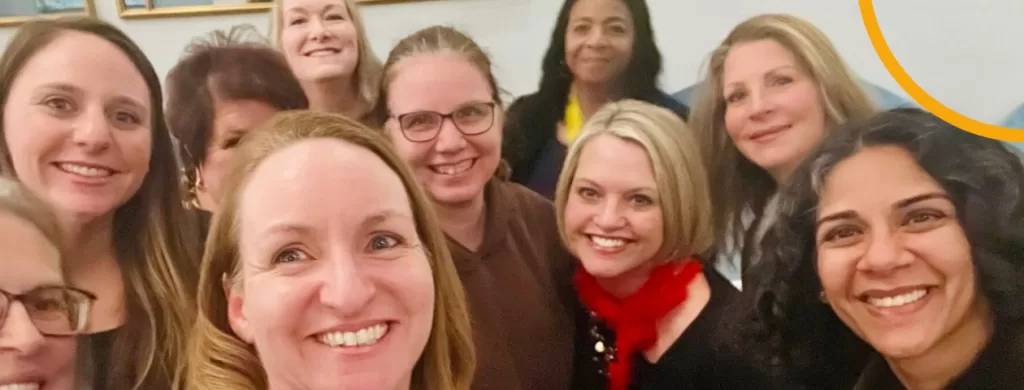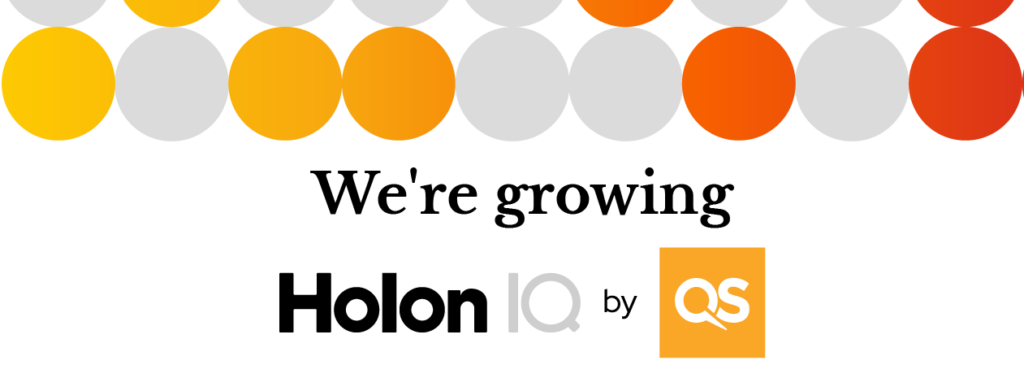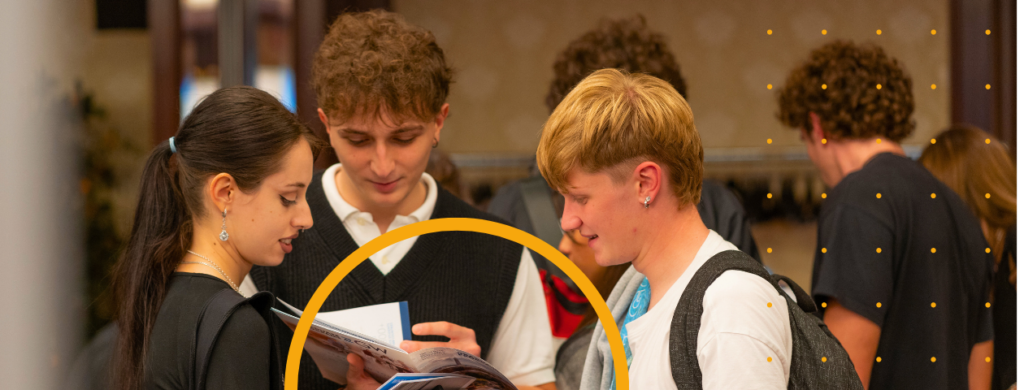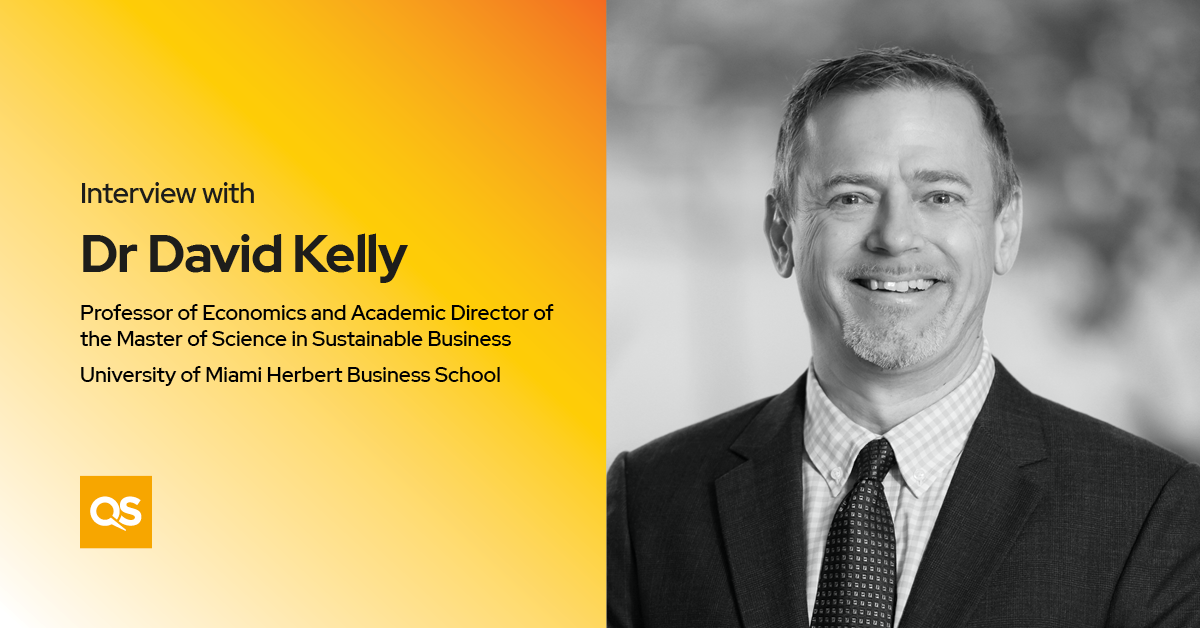
We sat down with David Kelly, Professor of Economics and Academic Director for the MS in Sustainable Business at the University of Miami’s Herbert Business School. With 25 years of experience teaching and researching sustainability, environmental regulation and climate change policy, it’s safe to call him an expert on the most pressing issue the world faces.
According to the QS International Student Survey, 39% of students considering studying in the US have researched an institution’s environmental sustainability strategy when assessing their university options. Driving progress in sustainability is in an institution’s best interest, then, as prospective students continue to be more conscious of their environmental impact, want to do more and expect the same from their institutions.
Implementing sustainability programmes at the University of Miami
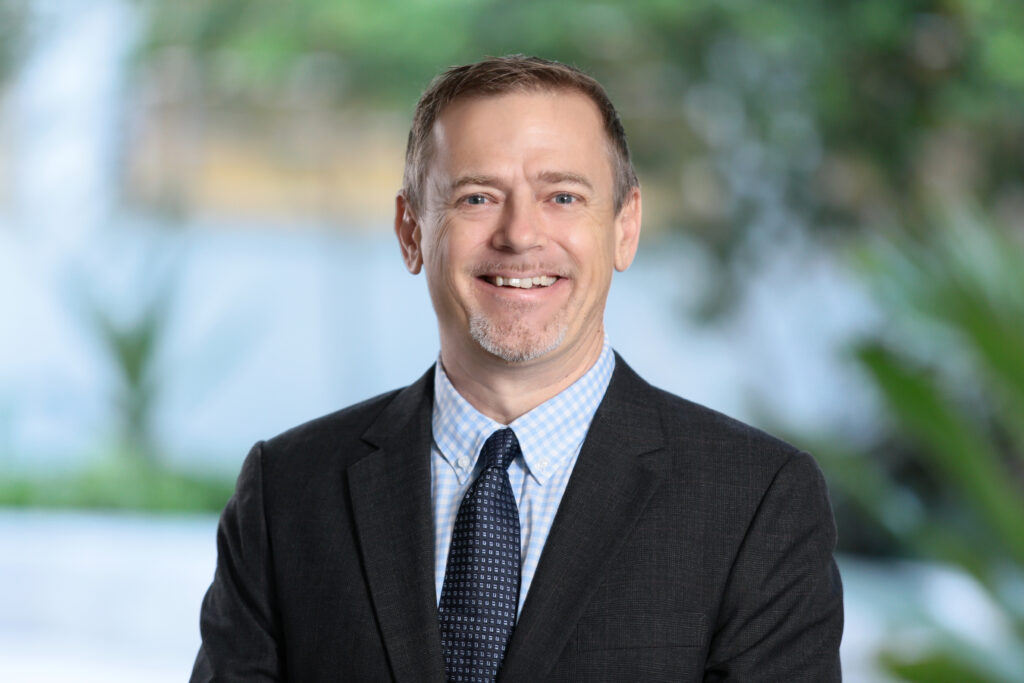
After noticing that some companies promoted environmental and social good in spite of regulatory failings from the US government, Kelly says he saw an opportunity for research, and for the Herbert Business School to innovate alongside businesses. Kelly and the then-new Dean John Welch “had noticed that the city of Miami has increased its concern about environmental issues, climate change, sea level rise. Amongst all our students, they’re a lot more concerned these days about not just making a salary but making an impact on the world.” With sustainability expertise among the School’s faculty and solid market research backing them, the pair decided to push for a sustainable business education. “It would be great for the city, it would be great for the school, and great for society as well.”
Five years ago, the Master’s in Sustainable Business began.
“We looked at a lot of alternative programmes out there, a lot of them were run of out of science or public policy departments, and didn’t really have business as the core focus.” Their ambition with the programme was to focus it on how sustainability is run at an actual company.
Developing a sustainability programme with employability in mind
“We’re very employer focused”, Kelly says. By listening to what students say they want and what employers are demanding, the Herbert Business School can develop their programme and say to students “this is what you need for your career.”
University of Miami scored 86.5 out of 100 for Employability and Opportunities in the recently released QS World University Rankings: Sustainability 2024
“Employers want somebody who can do sustainability analysis, can code, and work with the business’ reporting software. Employers struggle with knowing where they can make a big impact on the environment, businesses are looking for people who can tell the difference between ‘fashionable’ sustainability initiatives, and something valuable for society.”
Staying relevant to global challenges
Sustainability is an ever-changing field, with Kelly recognising “it’s a huge huge challenge” to ensure the curriculum is up-to-date. “One thing we did from the start is have the right framework through which to view sustainability in a business context. Businesses are always going to be thinking about ‘how can we do good? How can we use sustainability as an opportunity to further our own strategy, profits and firm value?’, so even as terminology evolves, we will still have our core point of reference.
“The second part of staying relevant is staying on top of the sector’s news and trends. Once we spot a trend, we try and bring in relevant speakers who can help our curriculum development.”
For Kelly, part of staying relevant, though, is identifying fads. “This is a debate among faculty. With our focus on employability, we need to identify the skills employers will be adopting soon and start teaching them. We look at trends that will have a longer-term impact on both the world and the firm’s value.”
Measuring success
As any business student knows, when creating a new initiative, you need useful key performance indicators. According to Kelly, they “look at publications by our faculty. The number of placements is another big part – our students are supposed to be developing skills employers are looking for. On the qualitative side, we measure success by observing what industry panelists are saying at conferences and whether it chimes with what we’re teaching.”
Alumni impact is another proof point of the programme’s success. “One of our students did the entire carbon accounting for the fourth largest school district in the country, plotted their net zero strategy, and planned out an investment plan.
“There are great things our students do every day, and they continue to amaze me.”
